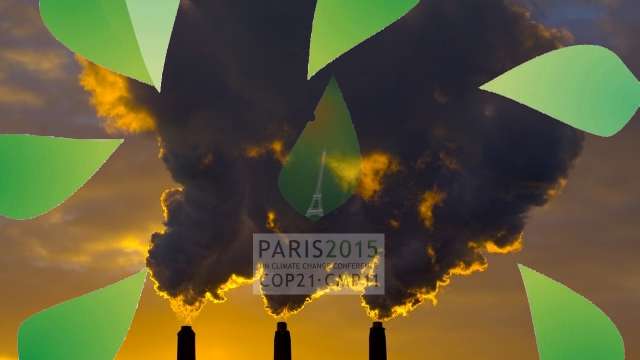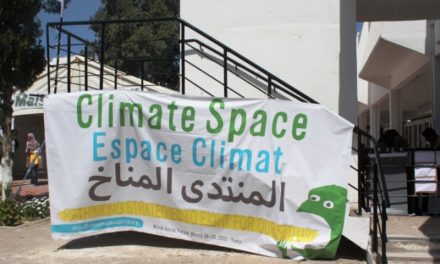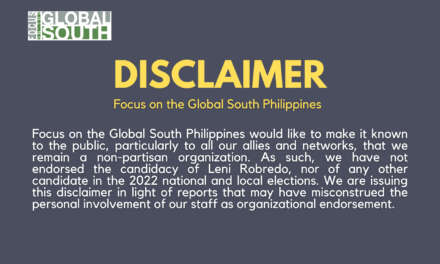MANILA, Philippines— Economies in Asia have the potential to benefit from clean, renewable energy sources once they tap their natural resources and lessen their dependence on imported fuel, the World Resources Institute (WRI) said on Wednesday.
Manish Bapna, WRI executive vice president and managing director, said Asian countries have to make the necessary policy decisions to attract investments from the West.
“Asia is poised to be a world leader in clean energy that can propel the regional economy, while increasing its energy security,” Bapna said at the 6th Asia Clean Energy Forum hosted by the Asian Development Bank (ADB) in Manila.
Ernst & Young, a leading financial firm, named China as the top country for clean energy investment followed by the United States and India. Investment in clean energy also climbed to $82.8 billion last year in Asia, according to the Pew Climate Charitable Trust.
Jennifer Morgan, director of WRI’s Climate and Energy Program, said Asia’s vast natural resources could make it self-sustainable in terms of energy production.
“It now depends on each country what clean renewable energy they need to use,” she said.
In the Philippines, for instance, solar, wind, biomass and geothermal energy sources have a huge potential to reduce the country’s electric charges. Meanwhile, China, now the world’s largest consumer of energy, could benefit from solar and biomass energy sources.
“Asia can drive economic growth and innovation as it reduces carbon emissions that are driving climate change,” Morgan said.
She added that if China can fully generate its own energy and reduce dependence on imported fuel sources, it might stop it from acquiring new territories.
“One of the reasons China is moving towards renewable energy is because of its dependence on energy imports,” she said. “If they are able to sustain themselves with renewable energy then their thirst for energy reserves will be satiated. ”
Several Southeast Asian nations, including the Philippines, are crying foul over China’s recent “bullying” in asserting its claims over the disputed Spratly Islands, believed to hold huge deposits of oil and gas.
Group hits ADB’s ‘dirty business’
Nongovernment organizations, meanwhile, are not that impressed with ADB’s hosting of clean-energy initiatives. For funding climate change-inducing projects and at the same time promoting business solutions for clean energy, ADB was urged by climate justice advocates “to stop its hypocrisy and [bear] accountability [for] the climate crisis.”
The Philippine Movement for Climate Justice (PMCJ) said the 6th Asia Clean Energy Forum ongoing at the ADB main headquarters in Ortigas Center is “nothing but a strategy of the Bank to improve its bad image for funding coal-fired power plants” not only in the Philippines but also in some Asian countries.
Milo Tanchuling, convenor of PMCJ and secretary-general of the Freedom from Debt Coalition (FDC), said ADB cannot change the fact that it is one of the main culprits of the climate crisis.
“Sponsoring a forum to improve its bad image cannot change that fact. Because of its dirty business, there is no doubt that ADB has lost its credibility,” he stressed.
In the Philippines alone, ADB funded the Visayas base-load power project and pushed for the privatization of the Masinloc coal-fired power plant, which utilize coal for energy production.
According to reports, coal is the most carbon-intensive of all fossil fuels, emitting 29 percent more carbon per unit of energy than oil and 80 percent more than gas.
In Naga, the Cebu Alliance for Renewable Energy (CARE) conducted a survey showing increase cases of skin and respiratory illnesses, according to communities around the Visayas Base-load project.
The Masinloc coal-fired power plant presents the same level of hazards, said Tanchuling. According to a Greenpeace study, coal ash from the plant contains large amounts of carcinogens, lead and chromium which pose a grave threat to communities and the environment.
ADB has also funded coal-fired power plants in Thailand, China, Vietnam and India where the 4000-MW Mundra Ultra Mega Power Project is built.
“We are in the midst of an energy crisis and what we urgently need is a global energy revolution; a new energy agenda that recognizes and addresses the climate crisis; a transition plan to a post-petrol world. With ACEF, ADB and its business partners are trying to consolidate their ‘energy business plan’ as a way to protect business interests in the energy sector,” said Joseph Purugganan of Focus on the Global South.
The FDC is the Secretariat of PMCJ.
*Originally posted on interaksyon.com









